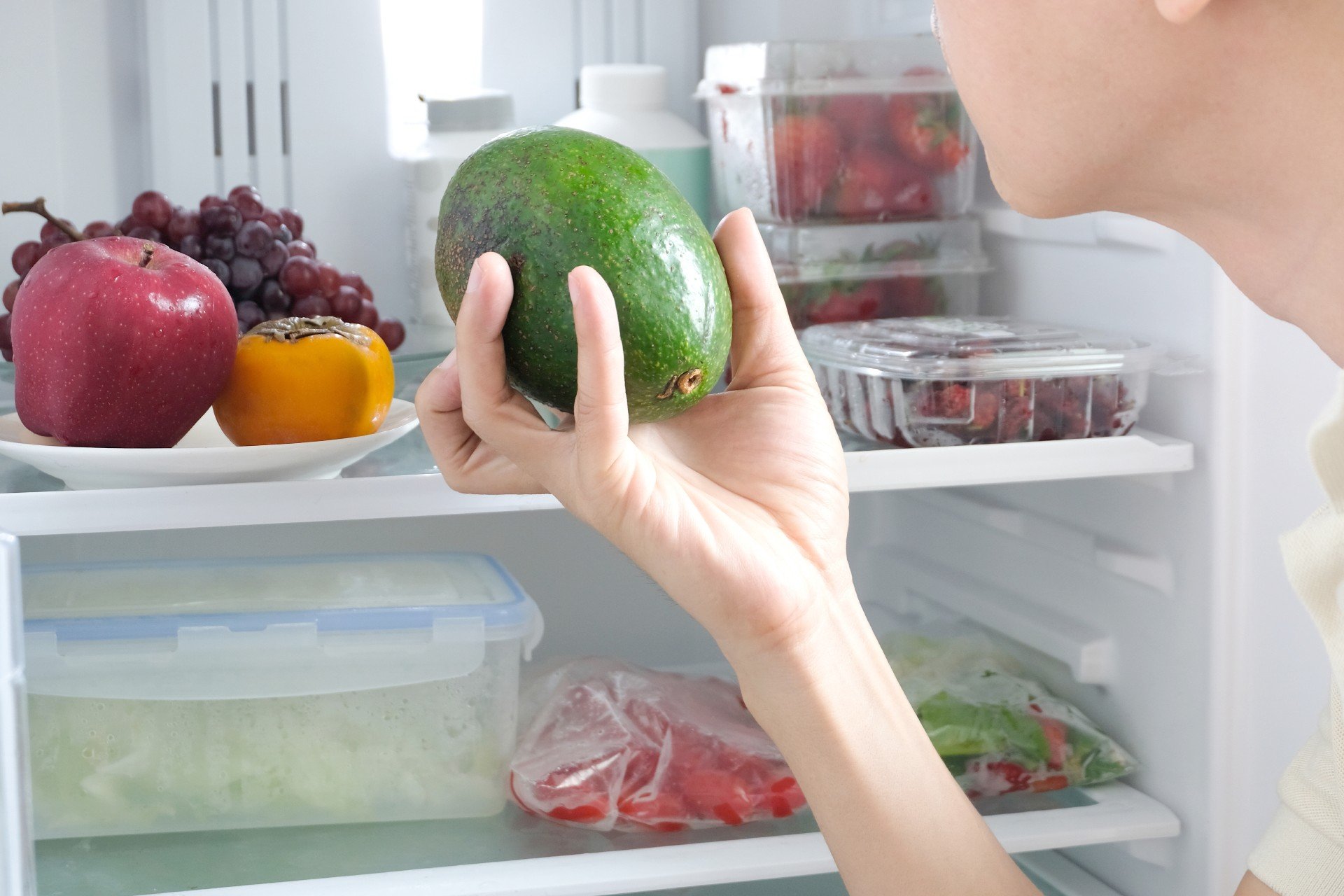

Articles
How To Store Whole Avocados
Modified: February 24, 2024
Learn how to properly store whole avocados to keep them fresh and prevent them from spoiling. Read our informative articles for helpful tips and tricks.
(Many of the links in this article redirect to a specific reviewed product. Your purchase of these products through affiliate links helps to generate commission for Storables.com, at no extra cost. Learn more)
Introduction
Avocados are delicious and versatile fruits that are packed with nutrients. Whether you use them in salads, sandwiches, or simply enjoy them on their own, avocados are a staple in many households. However, sometimes you might find yourself with more avocados than you can consume within a few days. That’s where knowing how to store whole avocados properly becomes essential.
Proper storage not only helps prolong the shelf life of avocados but also ensures they retain their flavor, texture, and nutritional value. In this article, we will explore various methods to store whole avocados, including storing at room temperature, in the refrigerator, and even freezing them. We will also provide tips on how to prevent avocados from ripening too quickly.
So, if you’re curious about extending the life of your avocados and enjoying their buttery goodness for longer, keep reading to discover the best storage methods and tips.
Key Takeaways:
- Extend the life of your avocados by storing them at room temperature, in the refrigerator, or in the freezer. Proper storage methods can help you enjoy avocados’ buttery goodness for longer and reduce waste.
- Consider factors like ripeness, variety, and intended use before storing avocados. Implement tips to prevent rapid ripening, and enjoy avocados at your own pace while maximizing their potential.
Read more: How To Store Whole Avocado
Why Store Whole Avocados?
Storing whole avocados can come in handy for several reasons. Here are a few compelling reasons why you might want to store avocados:
- Prolonging freshness: Avocados have a limited shelf life once they reach their optimal ripeness. By storing them properly, you can slow down the ripening process and extend their freshness.
- Saving money: Avocados can be quite expensive, especially when they are not in season. By storing them properly, you can take advantage of sales or discounts and stock up on avocados at a lower price.
- Reducing waste: If you have an abundant supply of avocados from your garden or a generous neighbor, storing them is an excellent way to avoid wasting these nutritious fruits. Instead of feeling pressured to consume the avocados quickly, proper storage allows you to enjoy them at your own pace.
- Availability for future use: Sometimes, you may come across a variety of avocados that are only available during specific seasons. By storing them, you can enjoy these unique avocado varieties all year round.
No matter the reason, learning how to store whole avocados properly is a valuable skill that ensures you always have avocados at your disposal, ready to elevate your meals and snacks.
Factors to Consider Before Storing Avocados
Before storing avocados, it’s important to consider several factors that can affect their storage life and quality. Taking these factors into account ensures that you choose the most appropriate storage method for your avocados. Here are some key considerations:
- Ripeness: Avocados that are overly ripe may not store well and can quickly turn mushy or brown. It is best to store avocados that are still slightly firm or have just reached their desired level of ripeness.
- Condition: It’s essential to select avocados that are not damaged, bruised, or showing signs of rot. Damaged avocados are more likely to spoil quickly and can affect the surrounding avocados.
- Variety: Different avocado varieties have different storage characteristics. Some varieties may have a shorter shelf life, while others may stay fresh for a longer period. Familiarize yourself with the variety you have to determine the best storage method.
- Climate: The climate in your area can impact the ripening process of avocados. Warmer temperatures promote faster ripening, while cooler temperatures slow it down. Consider the climate when deciding on the storage method.
- Intended use: Think about how you plan to use the avocados in the future. If you are planning to use them for dips, spreads, or smoothies, you may prefer to freeze them. If you want to enjoy them in salads or on toast, storing them in the refrigerator may be more suitable.
By considering these factors, you can make an informed decision on the best way to store your avocados, ensuring their optimal freshness and quality for future use.
Proper Harvesting and Selecting of Avocados
For the best results when storing avocados, it’s important to start with properly harvested and selected fruits. Here are some tips to help you ensure that you have the right avocados for storage:
- Harvesting: If you have an avocado tree or access to freshly harvested avocados, it’s important to pick them at the right time. Avocados should be harvested when they have reached maturity but are still firm. Avoid picking avocados that are too soft or starting to show signs of overripeness. This will give you a better chance of storing them successfully.
- Inspecting: Before storing avocados, carefully inspect each one. Look for any bruising, blemishes, or soft spots. Avocados with damage or imperfections should be consumed or used immediately rather than stored.
- Sizing: Consider the size of the avocados when selecting them for storage. Smaller avocados tend to ripen faster, so if you want them to last longer, choose larger-sized avocados.
- Handling: Handle avocados with care to avoid unnecessary bruising or damage. Excessive handling can accelerate ripening and affect the quality of stored avocados.
- Ripeness: If you’re not harvesting the avocados yourself and buying them from a store, choose avocados that are slightly firm to the touch. This indicates that they are ripe but not overly ripe. Avoid avocados that are too hard or too soft.
By following these guidelines, you can ensure that you have a selection of avocados that have been harvested at the right time and are in good condition for storage. This increases the likelihood of successful storage and extends the shelf life of your avocados.
How to Store Avocados at Room Temperature
Storing avocados at room temperature is a great option if you plan to consume them within a few days. Here’s a step-by-step guide on how to store avocados at room temperature:
- Select ripe avocados: Choose avocados that are slightly soft to the touch but not overly mushy. Avoid avocados that are too firm as they may not ripen properly.
- Keep them at room temperature: Place the avocados in a bowl or basket and keep them in a cool and dry area, away from direct sunlight. The ideal room temperature for ripening avocados is around 68-70°F (20-21°C).
- Monitor the ripening process: Check the avocados daily by gently pressing the skin. If they yield slightly to pressure, they are ready to be consumed. If they feel too soft, they may be overripe.
- Speed up or slow down ripening: To speed up the ripening process, you can place avocados in a paper bag with a banana or apple. The ethylene gas produced by these fruits will help accelerate the ripening. Conversely, if you want to slow down the ripening, store the avocados individually in the refrigerator.
- Use ripe avocados: Once the avocados have reached their desired ripeness, consume them within a day or two for the best flavor and texture. You can enjoy them in salads, sandwiches, guacamole, or any other way you prefer!
Storing avocados at room temperature allows them to ripen naturally and develop their full flavor. Just make sure to monitor their ripening process to avoid overripening and wastage.
Store whole avocados at room temperature until ripe, then refrigerate to slow down ripening process. Place in a paper bag with a banana to speed up ripening.
Read more: How To Store An Avocado
How to Store Avocados in the Refrigerator
If you want to extend the shelf life of your avocados or if you have ripe avocados that you won’t be consuming immediately, storing them in the refrigerator is a great option. Here’s how you can store avocados in the refrigerator:
- Select ripe or slightly underripe avocados: Choose avocados that are slightly firm to the touch. Overly ripe avocados may not hold up well in the refrigerator.
- Keep them unwashed: Do not wash the avocados before storing them in the refrigerator. Moisture can cause them to spoil faster. Only wash them right before you plan to consume or use them.
- Wrap them in plastic or store in an airtight container: Individually wrap each avocado tightly in plastic wrap or place them in an airtight container. This helps prevent exposure to air and slows down the ripening process.
- Place in the refrigerator: Put the wrapped avocados in the main section of the refrigerator, away from the back of the fridge where temperatures may fluctuate more. The optimal temperature for storing avocados in the refrigerator is between 35-40°F (2-4°C).
- Monitor and use within a week: Check the avocados regularly to ensure they are still in good condition. Use them within a week for best flavor and quality.
- Take out and ripen at room temperature: When you’re ready to use an avocado, take it out of the refrigerator and let it ripen at room temperature for a day or two until it reaches your desired ripeness. This will allow it to develop its full flavor and texture.
Storing avocados in the refrigerator can help prolong their freshness, giving you more time to enjoy them. Just remember to wrap them properly and consume them within a week for the best results.
How to Store Avocados in the Freezer
If you have an abundance of avocados or want to preserve them for longer periods, freezing is an excellent option. Here’s a step-by-step guide on how to store avocados in the freezer:
- Select ripe avocados: Choose ripe avocados that are at their peak of ripeness. Avocados that are slightly soft work best for freezing.
- Prep the avocados: Cut the avocados in half lengthwise, and remove the pit. Scoop out the flesh from each half with a spoon or use a knife to dice them into cubes or slices.
- Coat with lemon or lime juice: To prevent browning, drizzle lemon or lime juice over the avocado flesh. The citric acid helps preserve the color.
- Place in an airtight container or freezer bag: Arrange the avocado pieces in a single layer inside an airtight container or freezer bag. Make sure to remove any excess air from the bag before sealing it tightly.
- Label and freeze: Label the container or bag with the date and contents. Place it in the freezer, ensuring it lies flat to prevent the avocados from getting squashed.
- Thaw and use: When you’re ready to use the frozen avocados, thaw them in the refrigerator overnight or at room temperature for a few hours. Avoid microwaving or using hot water to thaw them as this can affect the texture.
Frozen avocados can be used in smoothies, dips, spreads, or added to salads and sandwiches. While the texture may slightly change after freezing, they still retain their nutritional value and make a convenient addition to various dishes.
Note: Frozen avocados are best used within 3-6 months for optimal flavor and quality.
Tips for Preventing Avocados from Ripening Too Quickly
Avocados have a tendency to ripen quickly, which can sometimes lead to wasted fruit. To prevent avocados from ripening too fast, here are some helpful tips:
- Separate ripe and unripe avocados: Keep ripe and unripe avocados separate to slow down the ripening process. Ripe avocados emit ethylene gas, which can accelerate the ripening of other fruits nearby.
- Store avocados in the refrigerator: As mentioned earlier, storing avocados in the refrigerator can help slow down the ripening process. This is especially useful if you have ripe avocados that you won’t be consuming immediately.
- Wrap avocado halves tightly: If you’ve cut open an avocado and only plan to use one half, tightly wrap the other half with plastic wrap to limit exposure to air and slow down the ripening.
- Use citrus juice: Sprinkling some lemon or lime juice over the cut surface of an avocado can help delay browning and slow down the ripening process.
- Use an airtight container: When storing avocado slices, cubes, or guacamole, place them in an airtight container to reduce exposure to air and slow down the oxidation process that leads to browning and ripening.
- Store avocados with onions: Onions absorb ethylene gas, which can help slow down the ripening of avocados. Storing avocados with a cut onion in a sealed container can help extend their freshness.
By implementing these tips, you can significantly extend the shelf life of your avocados and enjoy them at a more relaxed pace, reducing waste and maximizing their potential.
Frequently Asked Questions
1. Can you store unripe avocados?
Yes, unripe avocados can be stored at room temperature until they reach the desired level of ripeness. Once they are ripe, you can either consume them or transfer them to the refrigerator to extend their shelf life.
2. How long do avocados last in the refrigerator?
When stored properly in the refrigerator, whole avocados can last for up to two weeks. However, once you cut into an avocado, it is recommended to use it within one to two days to prevent browning and maintain the best flavor and texture.
3. Can you freeze whole avocados?
While it is possible to freeze whole avocados, it is not recommended due to the high water content. Freezing whole avocados can result in a change of texture and may not yield desirable results. It is best to freeze avocado slices or cubes for optimal results.
4. How do you thaw frozen avocados?
To thaw frozen avocados, transfer them from the freezer to the refrigerator and allow them to thaw overnight. Alternatively, you can let them thaw at room temperature for a few hours. Avoid using hot water or microwaving to thaw avocados, as this can affect their texture.
5. Can avocados be stored in the pantry?
Avocados are best stored at room temperature until they reach their desired level of ripeness. Once ripe, they can be enjoyed immediately or transferred to the refrigerator to slow down the ripening process and prolong their shelf life.
6. Can you store avocados in plastic bags?
While it is not necessary to store whole avocados in plastic bags, you can wrap cut avocado halves tightly with plastic wrap to prevent exposure to air and minimize browning. Additionally, you can store avocado slices or guacamole in airtight containers or freezer bags to maintain freshness.
7. How do you know if an avocado is ripe?
Ripe avocados should yield slightly to gentle pressure when squeezed. Avoid avocados that feel too hard or too mushy. The color can vary depending on the variety, but it is typically dark green to black when fully ripe.
8. Can you store avocados with other fruits?
While it is generally recommended to store ripe avocados separately from other fruits to prevent accelerated ripening, you can store unripe avocados with other fruits to help them ripen faster. Just be mindful of the different ripening rates of each fruit.
9. Can you store avocados in the freezer without lemon juice?
While using lemon or lime juice can help prevent browning, it is not absolutely necessary for freezing avocados. If you prefer not to use citrus juice, you can still freeze avocado slices or cubes, but they may experience slight browning upon thawing.
10. Can you eat avocados that have turned brown?
Avocados that have turned brown or developed significant discoloration are generally safe to eat. However, their quality and flavor may be compromised. It is best to use your judgment and assess the texture and scent before consuming them.
Remember, fresh avocados are always the most delicious, so it’s best to consume them at their peak ripeness whenever possible.
Read more: How To Store Smashed Avocado
Conclusion
Knowing how to properly store whole avocados can make a significant difference in their freshness, flavor, and shelf life. Whether you have an abundance of avocados or want to enjoy them over an extended period, implementing the right storage methods is key.
Storing avocados at room temperature is ideal if you plan to consume them within a few days. By keeping them in a cool and dry area, you can allow them to ripen naturally and be ready for use. If you need to extend their shelf life, refrigerating avocados can slow down the ripening process and give you more time to enjoy them.
If you find yourself with an excess of ripe avocados or want to preserve them for longer, freezing is a great option. Properly preparing and storing avocado halves, slices, or guacamole in the freezer can allow you to enjoy avocados throughout the year.
Additionally, there are several tips to prevent avocados from ripening too quickly. By separating ripe and unripe avocados, using proper storage containers, and employing tactics like using citrus juice or storing avocados with onions, you can prolong their freshness and minimize waste.
Remember to consider factors such as ripeness, condition, variety, climate, and intended use before storing avocados. This ensures you choose the appropriate storage method, whether it’s at room temperature, in the refrigerator, or the freezer.
In conclusion, learning how to store whole avocados allows you to maximize their lifespan, reduce waste, and enjoy their creamy goodness whenever you desire. By following these guidelines and tips, you can savor the flavor of avocados for an extended period, adding a touch of deliciousness to your meals, snacks, and recipes.
Frequently Asked Questions about How To Store Whole Avocados
Was this page helpful?
At Storables.com, we guarantee accurate and reliable information. Our content, validated by Expert Board Contributors, is crafted following stringent Editorial Policies. We're committed to providing you with well-researched, expert-backed insights for all your informational needs.
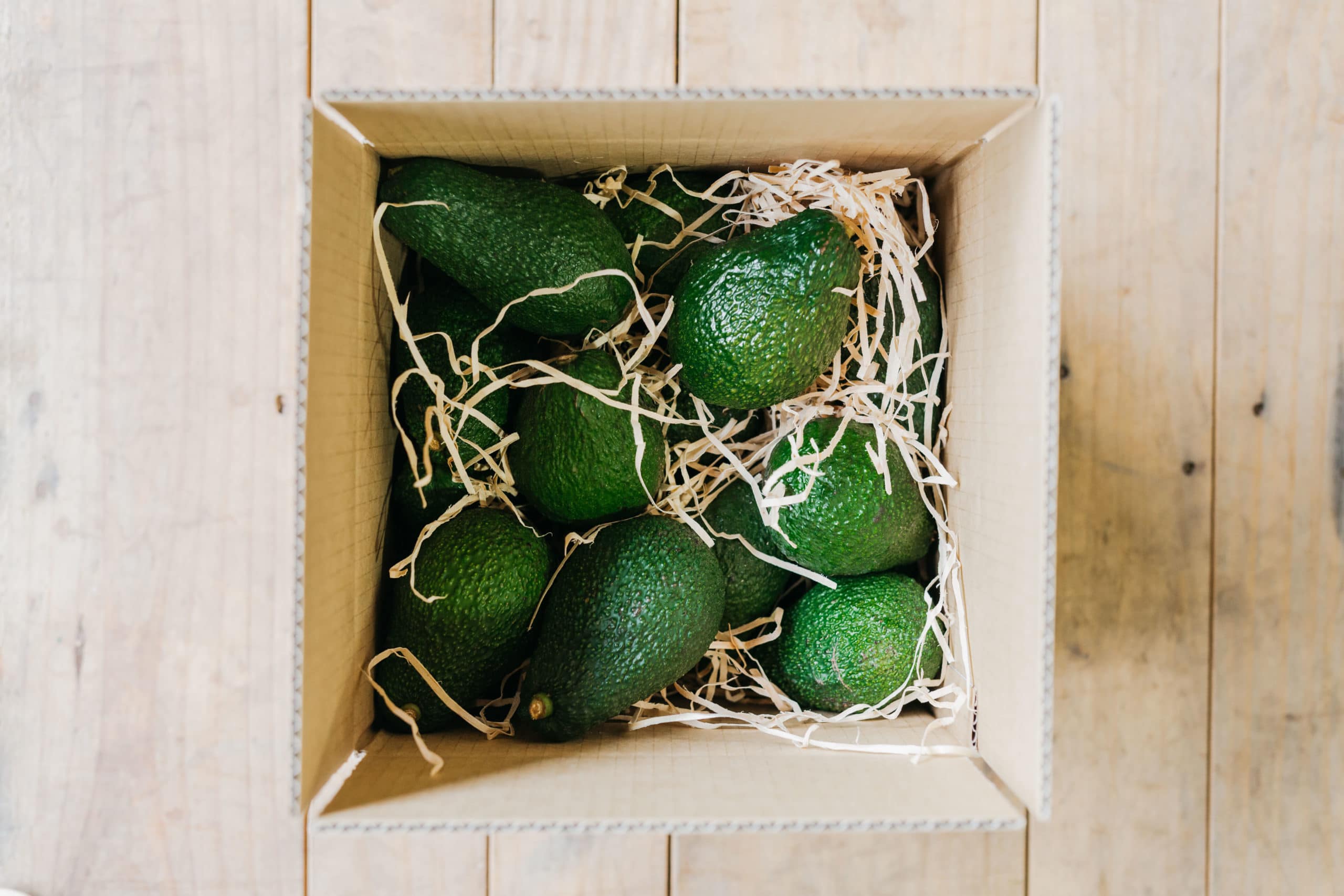
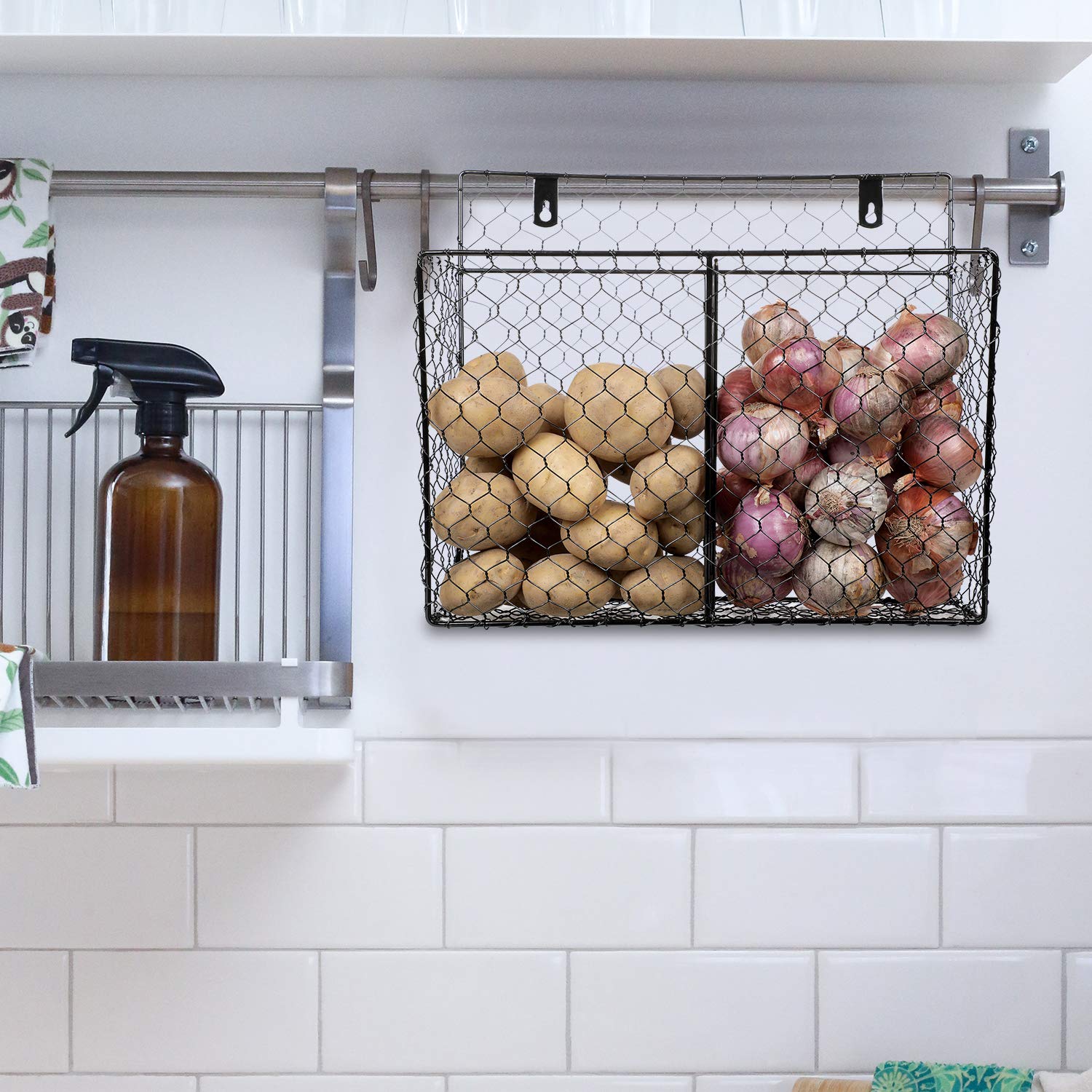
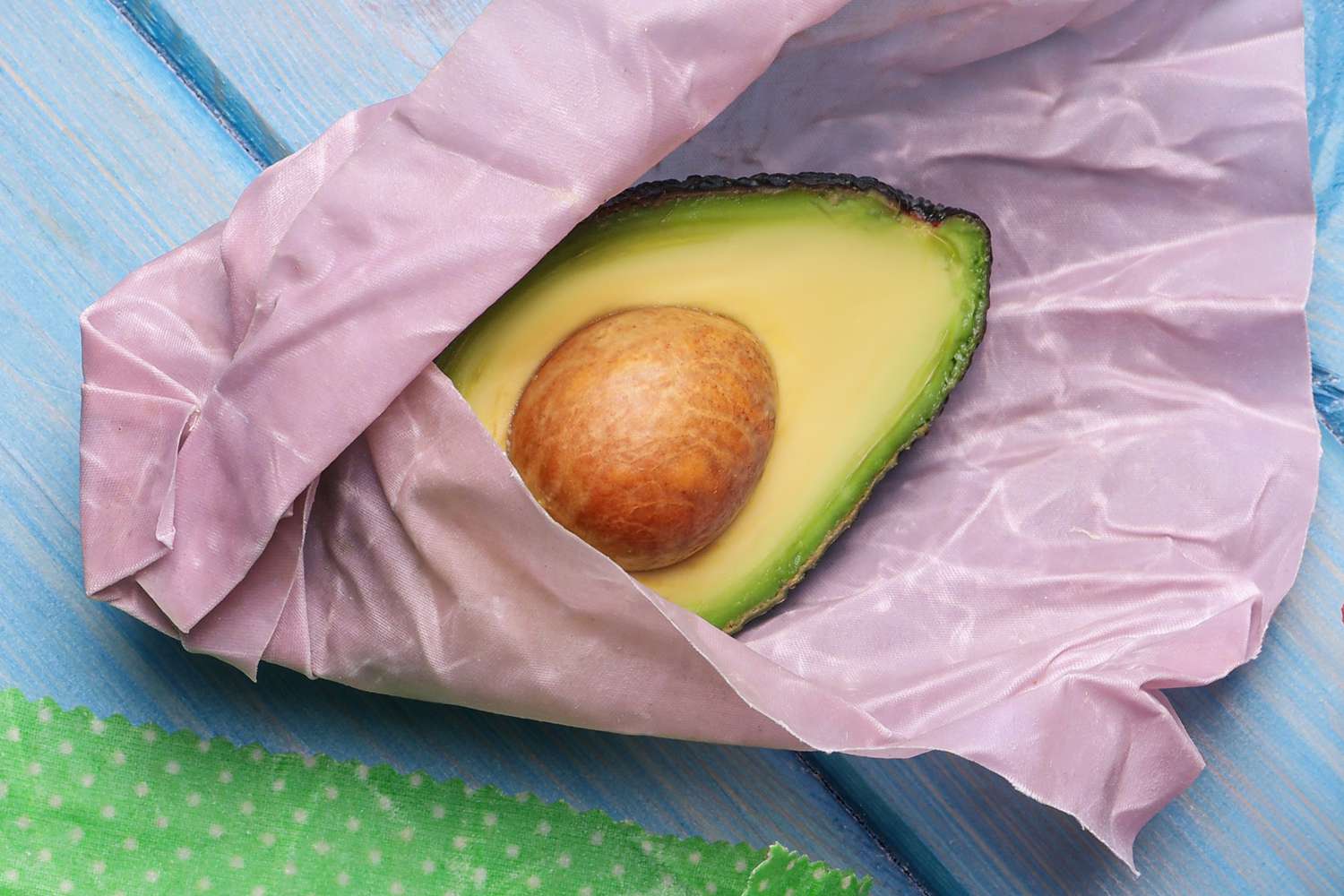
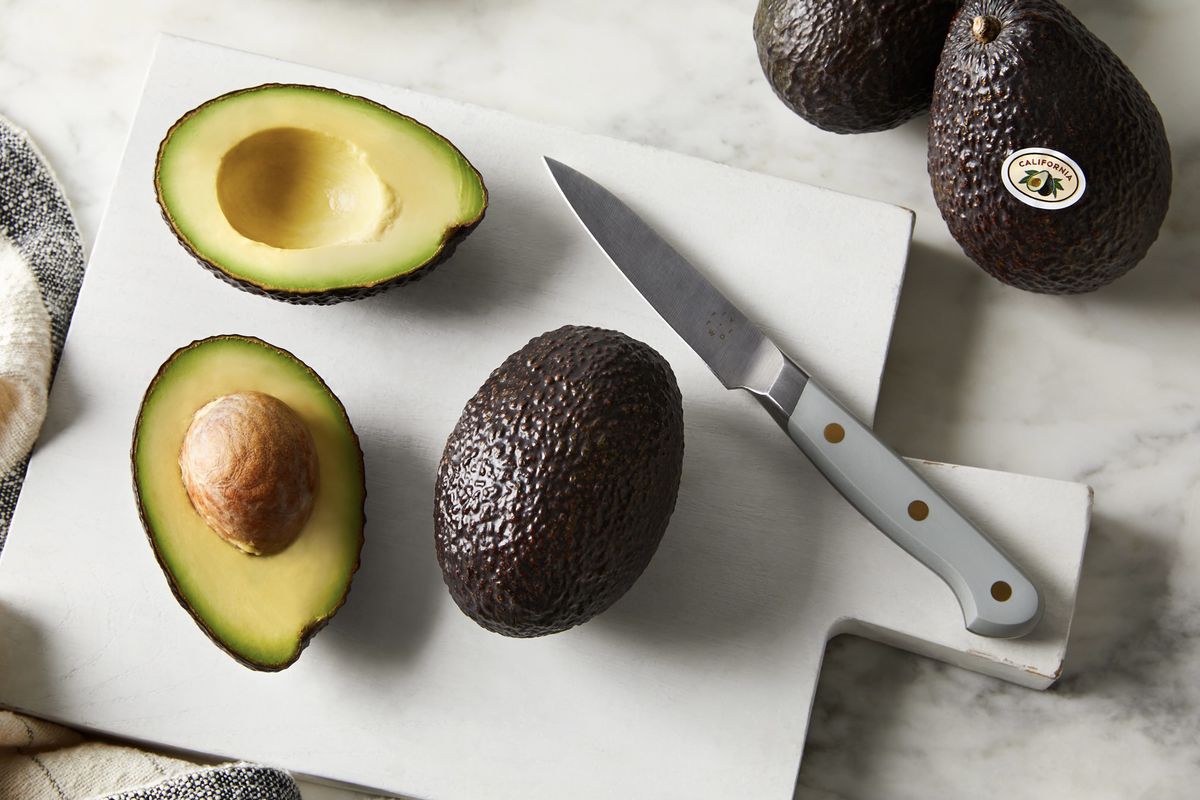
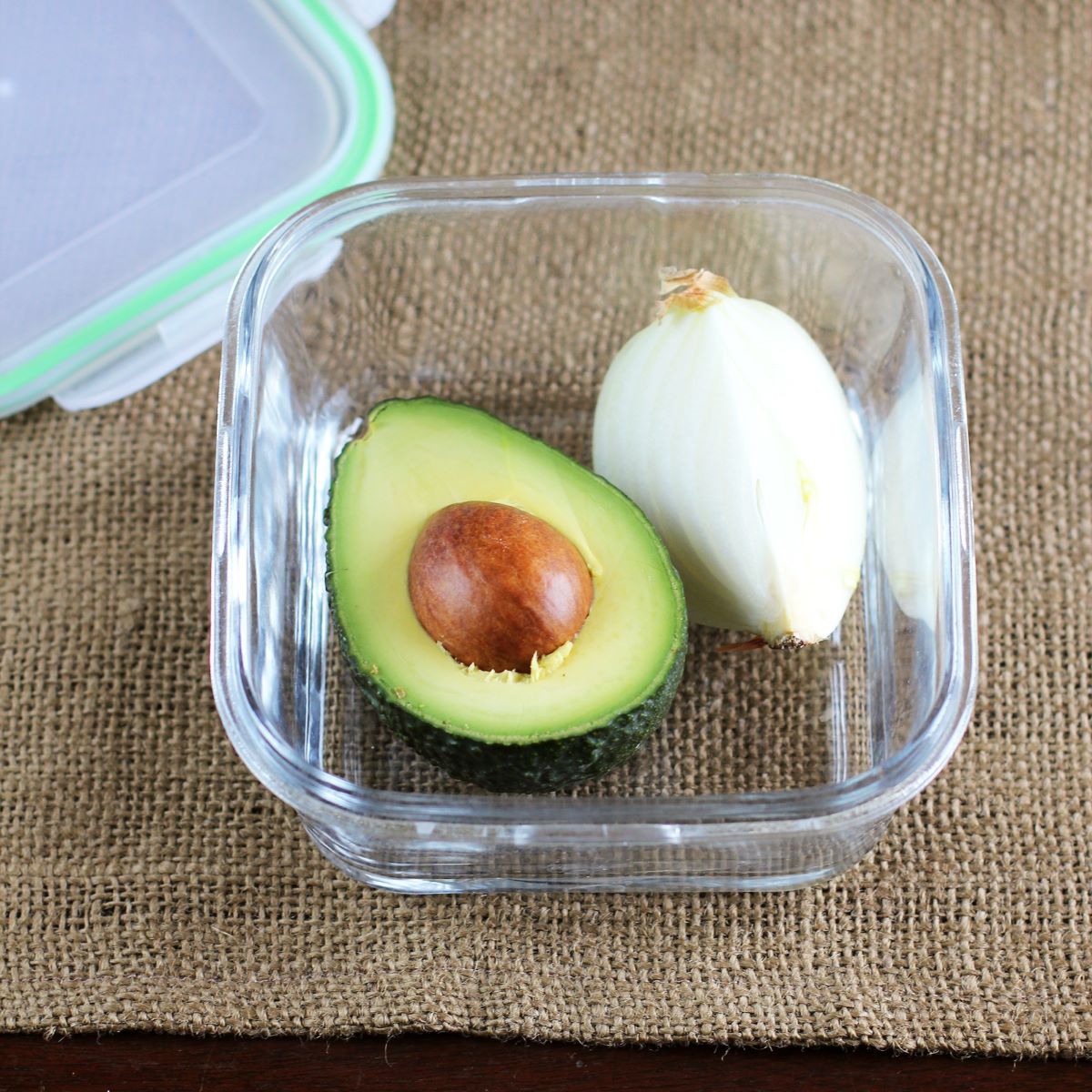
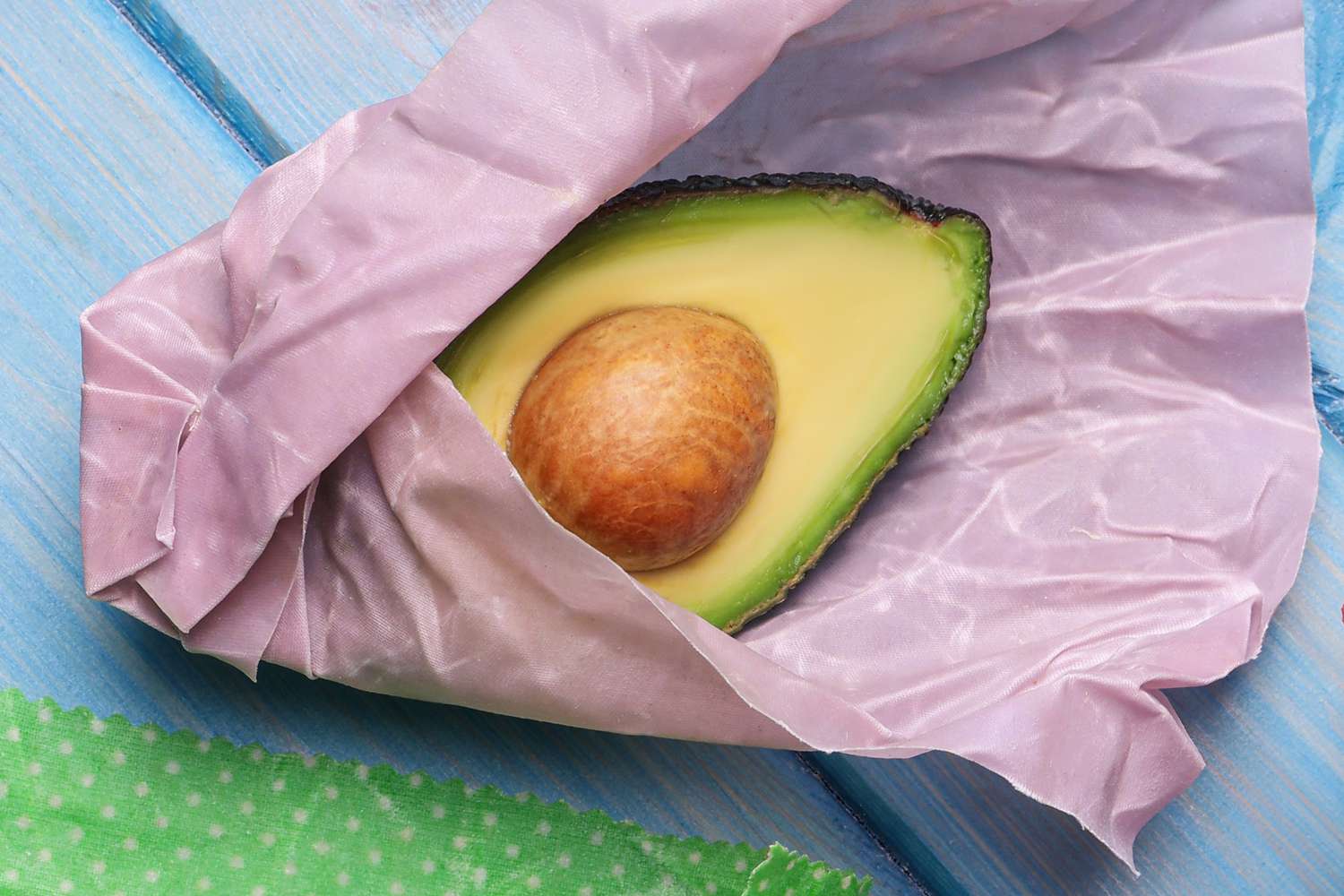
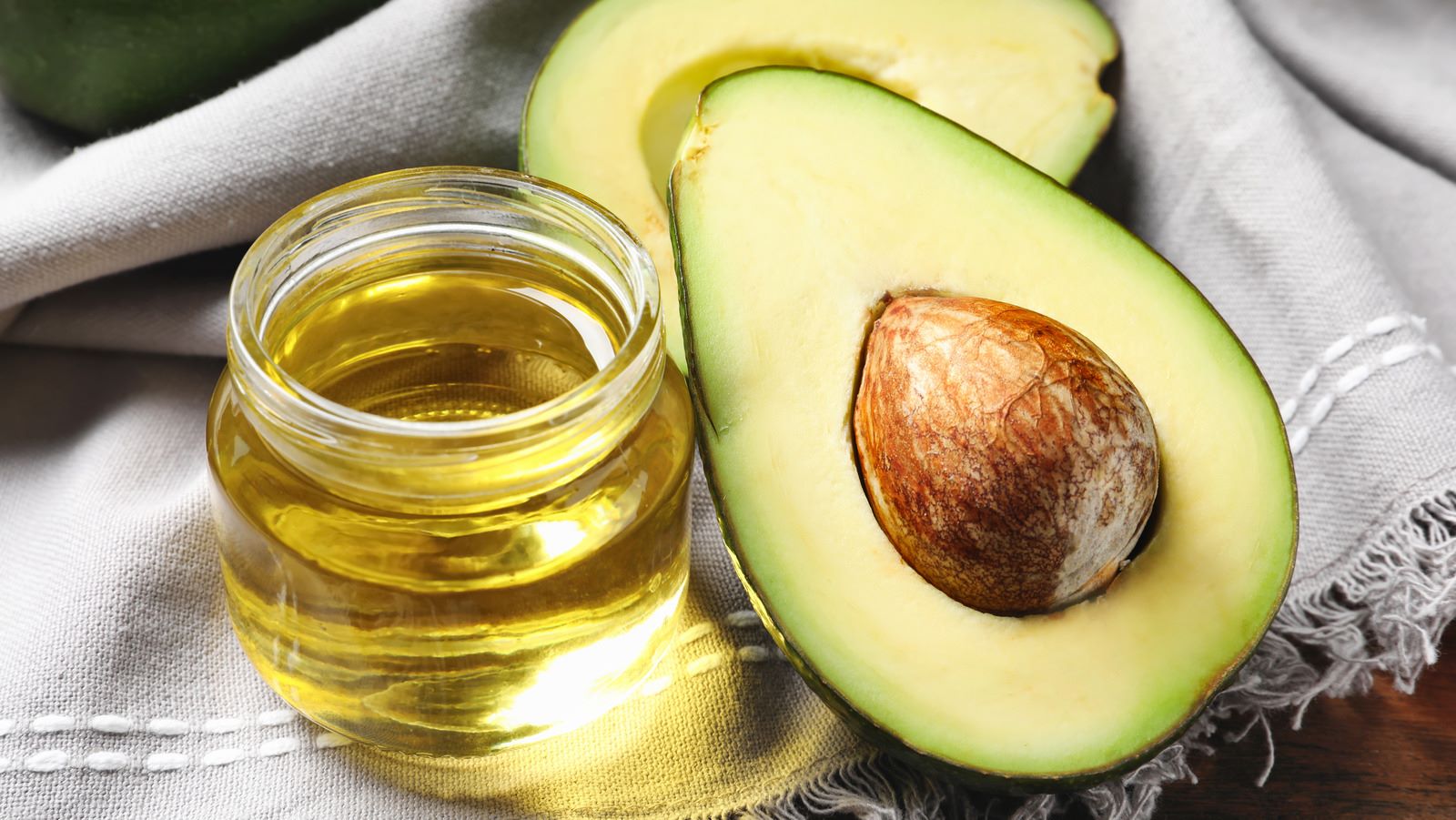
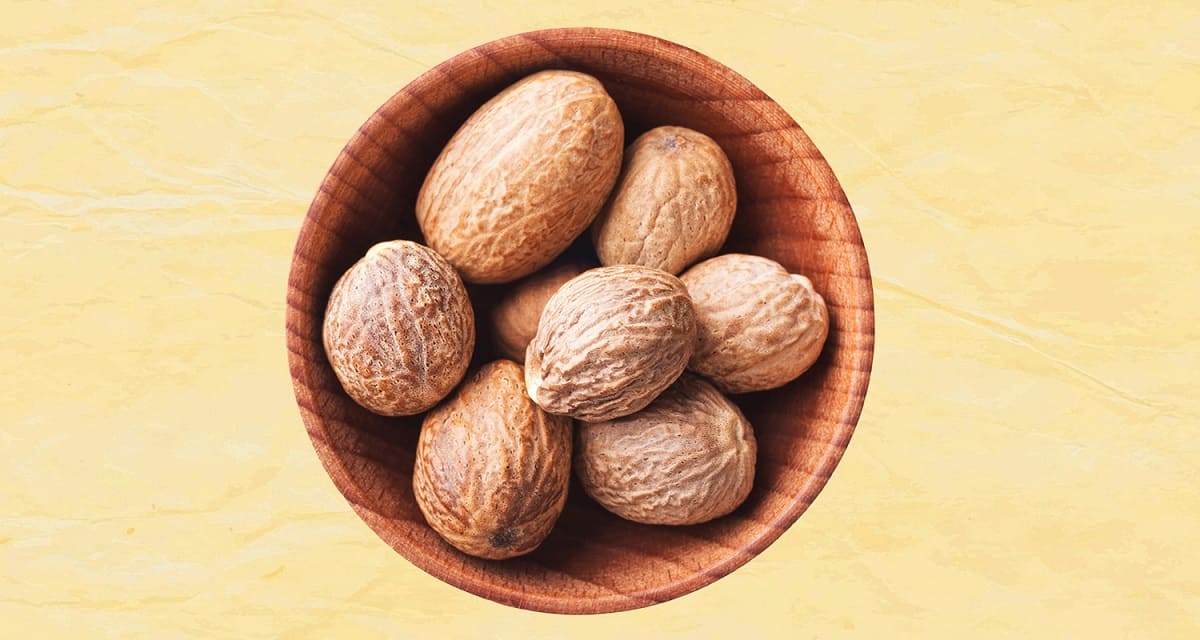
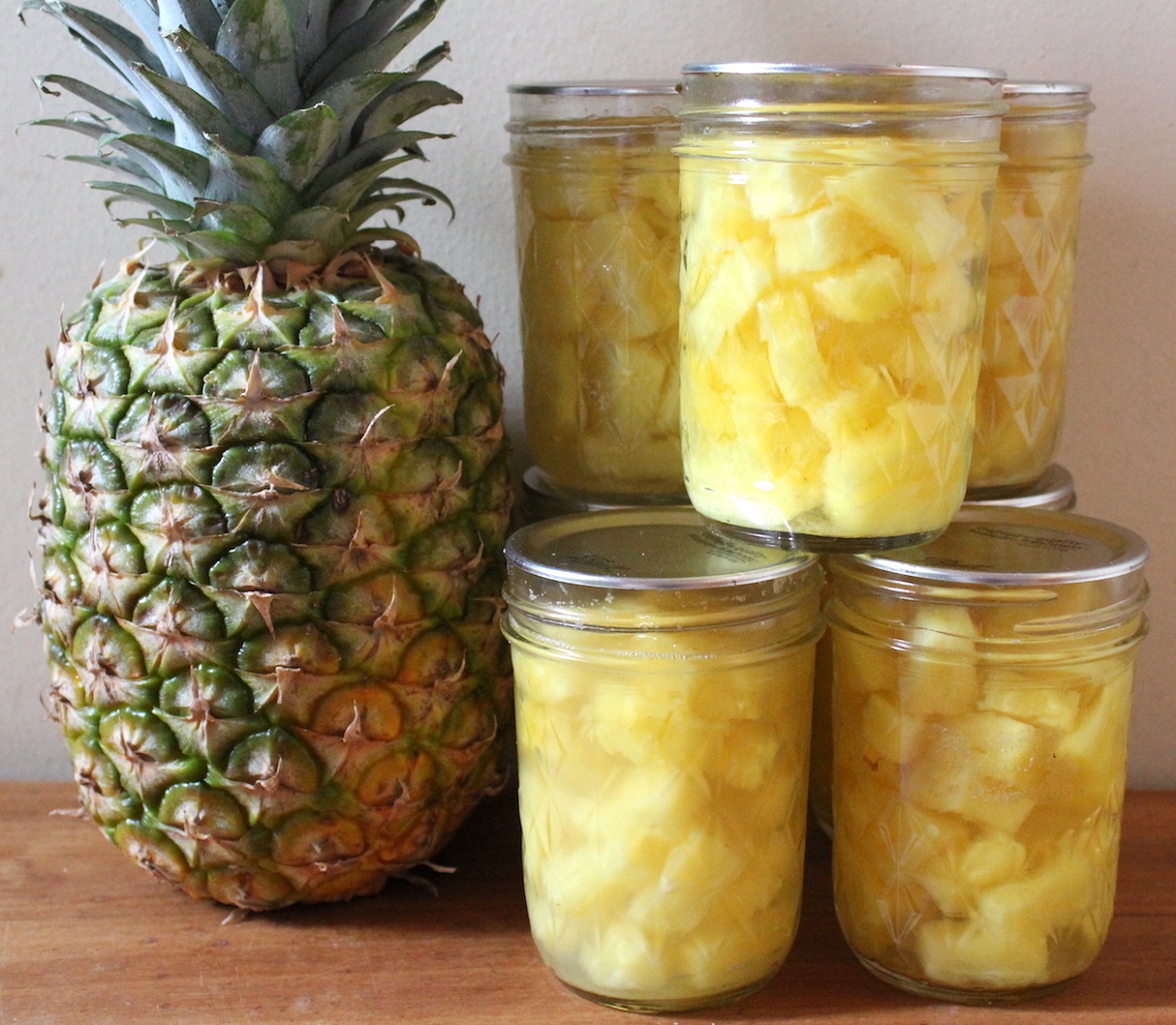
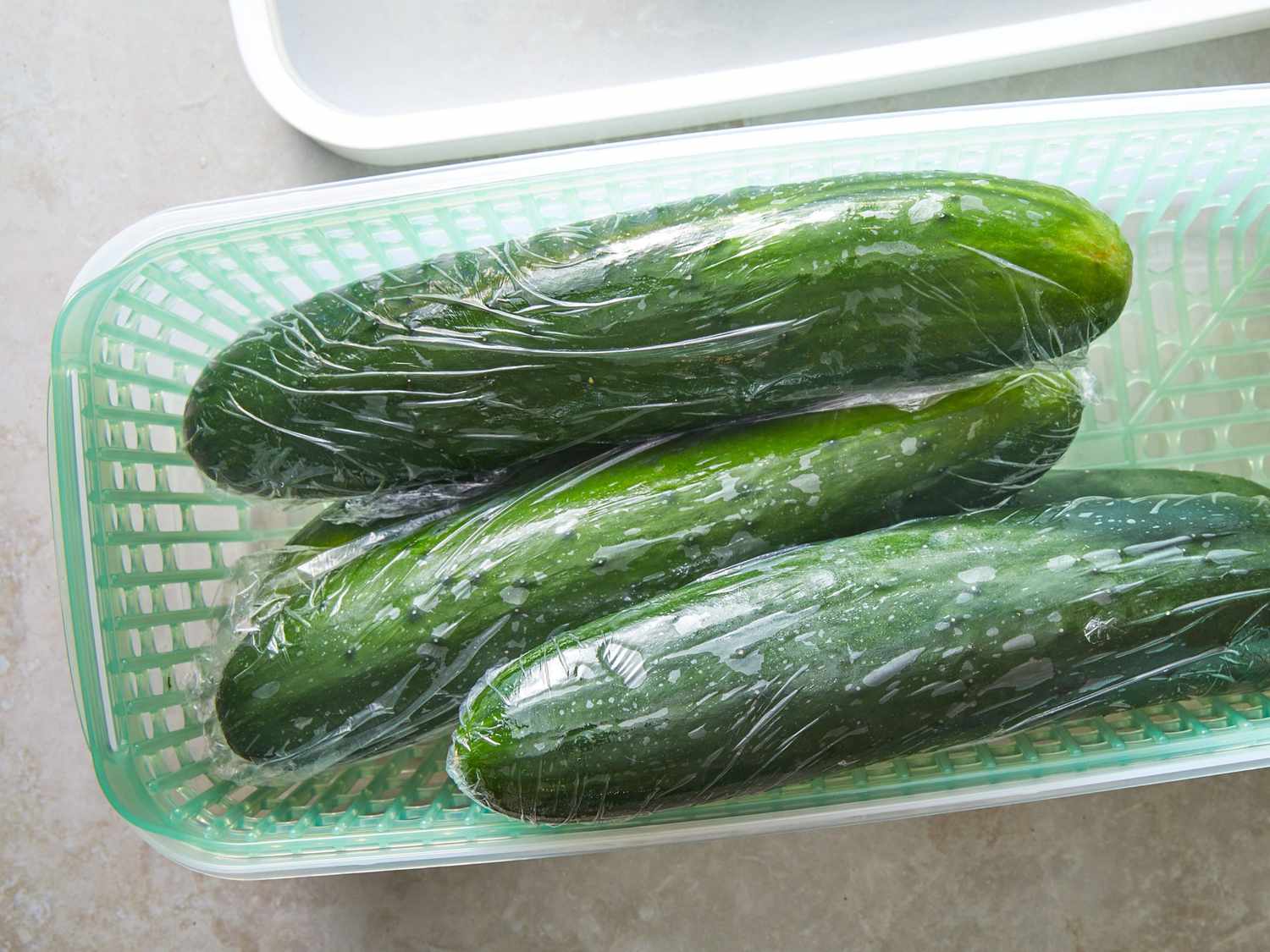

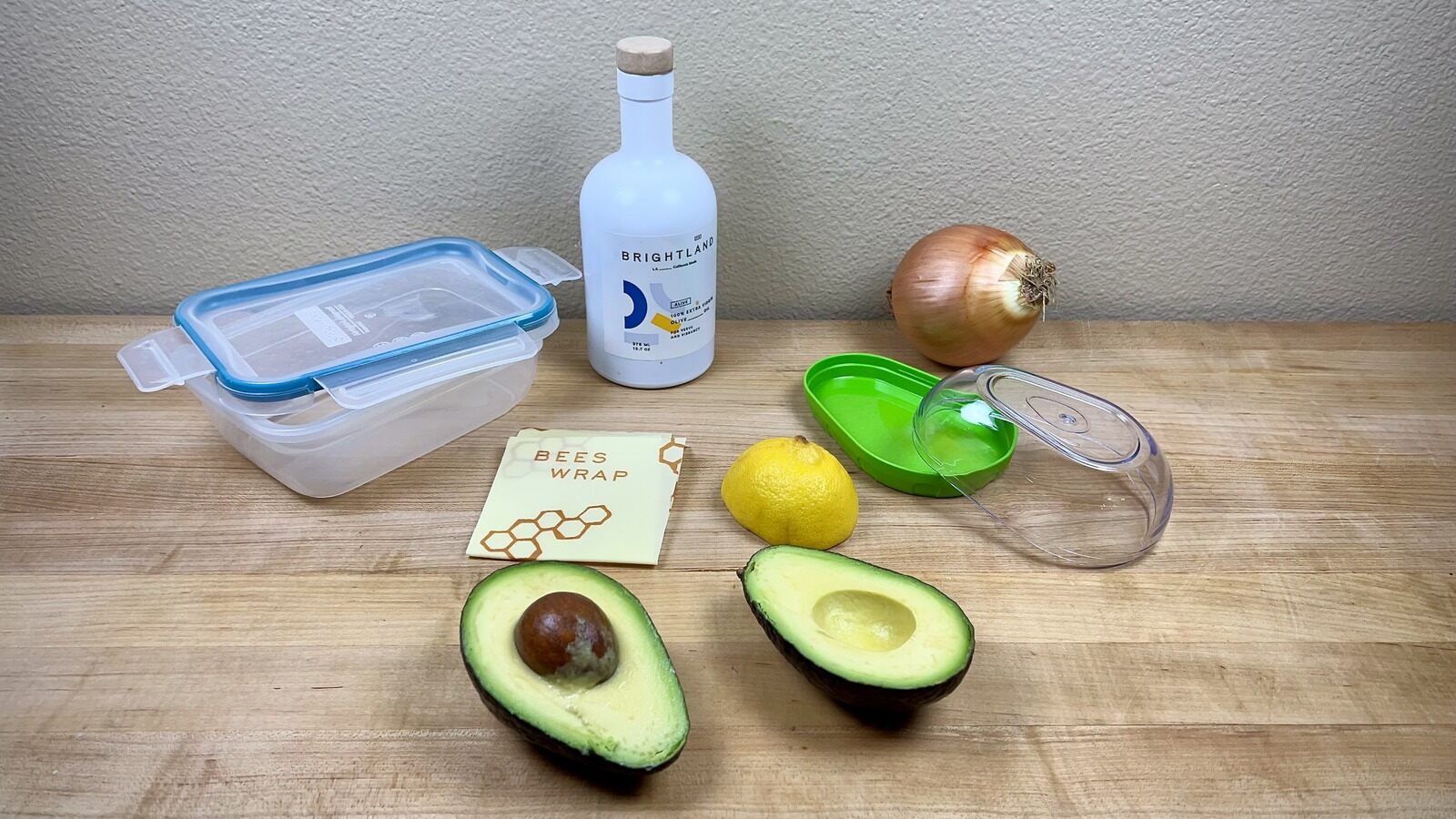
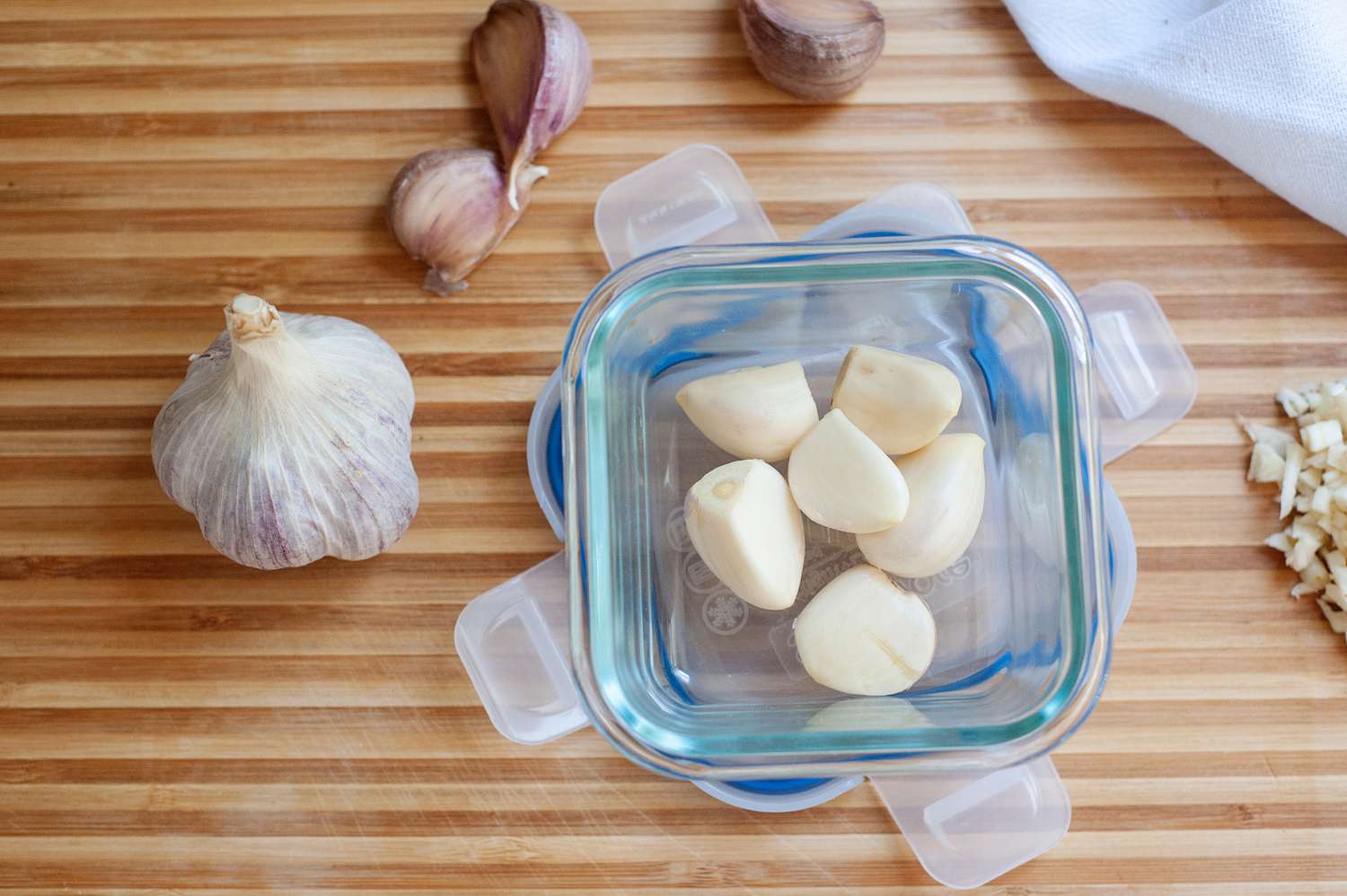

0 thoughts on “How To Store Whole Avocados”